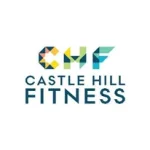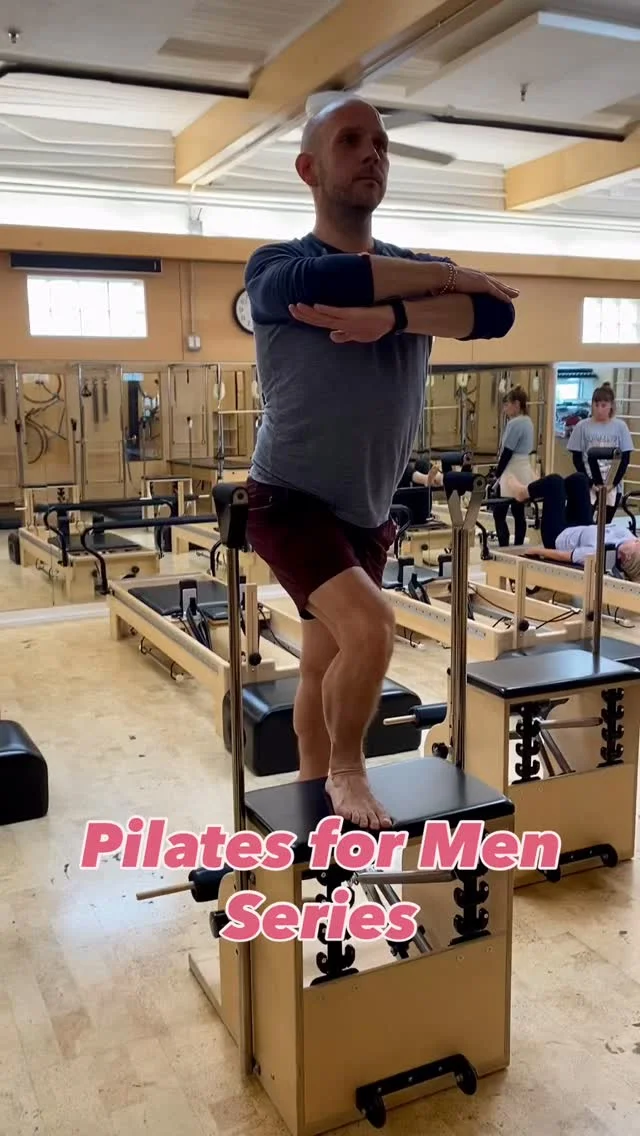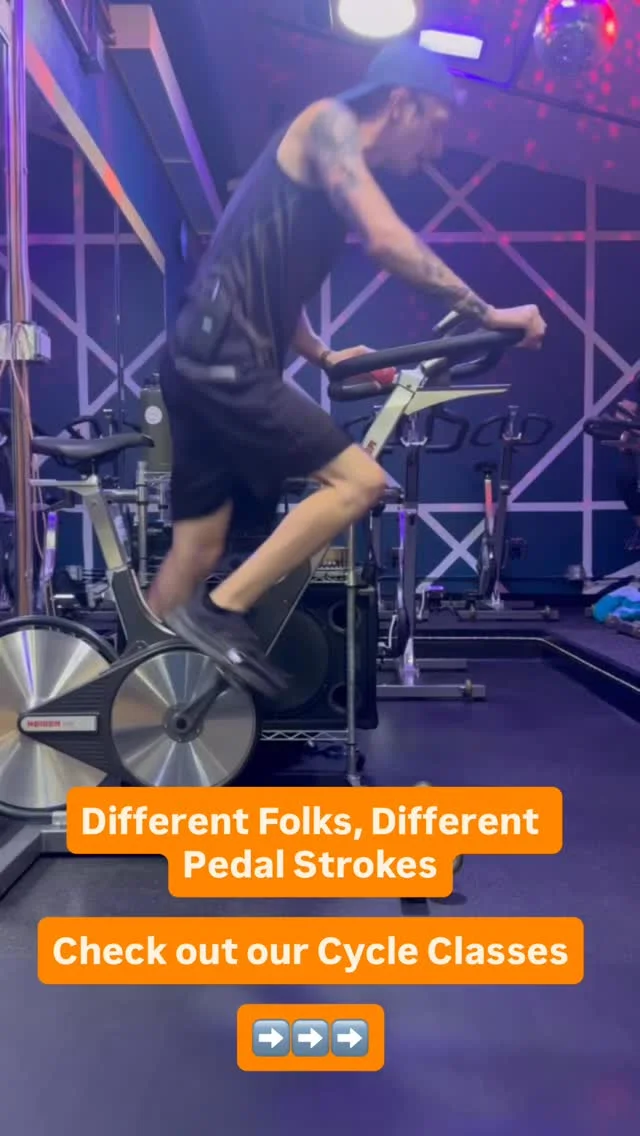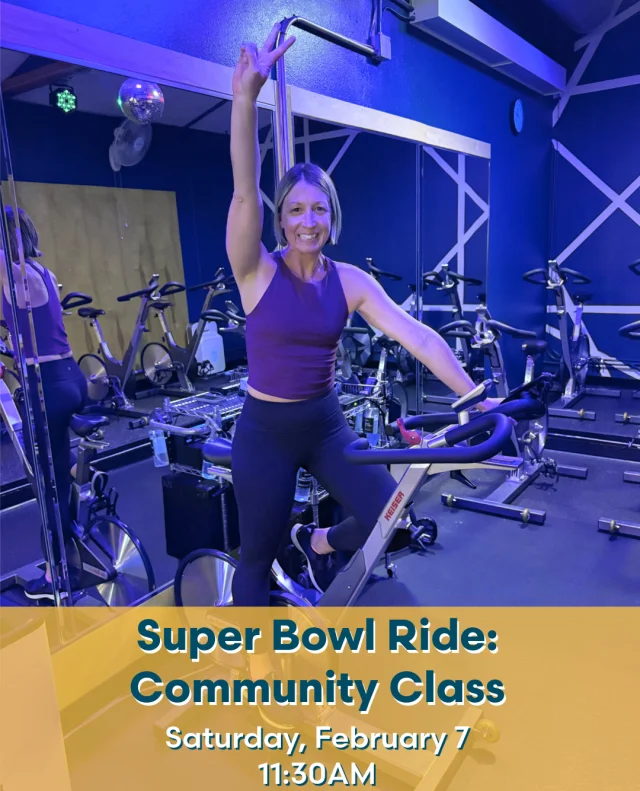Pilates and Barre are great workouts for giving your spine and posture extra love during your workouts, while still firing up the whole body. Our instructors have helped the young and old, healthy and sick, novice and expert to find their strength and movement from the core. Pilates reformer classes have limited space – we recommend booking your class in advance online or through the CHF app.
We also offer multi-series Pilates series to take your practice to the next level!
Online booking for classes opens 6 days before the start of a class and our cancellation window without a fee is 4 hours before class start time.
PILATES ARRIVAL POLICIES
Please arrive 5-10 minutes before the start of class. As per our Late Arrival policy, arrivals after 10 minutes will not be permitted entry. Only those who have registered or are on the waitlist will be allowed entry into the Pilates Studio. Registered clients who do not check in by the class start time may lose their spot to waitlisted clients. At the start of class, the Pilates class instructor will check in waitlisted clients in the order they signed up.
BROWSE OUR DIFFERENT TYPES OF PILATES CLASSES:
Experience the full repertoire of Pilates Equipment – the Pilates reformer, tower, and Wunda Chair in an accessible environment. Our equipment classes are sorted by level of experience with the system of Pilates. We recommend newcomers to the equipment take a private lesson with one of our full certified Pilates instructors or join one of our Pilates 101 class series to get the best foundation of the Pilates Principles. The Pilates Equipment classes provide an excellent resistance workout. Expect a fun, core-centered class that will tone, lengthen, and improve your range of motion.
Recommended classes: Beginner Pilates Equipment, Intermediate Pilates Equipment, All Levels Pilates Equipment.
Work your legs, stomach, and back from the Pilates mat. Through a series of floor exercises and props the Pilates mat workout will build and sculpt as well as stretch the body. Additional benefits of the Pilates mat work are improved posture and spinal health. Our Pilates mat classes are sorted by level of experience with the system of Pilates. We recommend attending a beginner class or scheduling a private lesson to learn the terminology and technique cues.
Recommended classes: All Levels or Int/Advanced Mat Pilates, Pilates Mat Fusion
These classes bridge the Pilates equipment repertoire with a cardio workout. Classes typically use a circuit of stations and intervals to keep the blood pumping and the pace high.
Recommended classes: Pilates Rebound
Barre is a low-impact, barefoot class that brings elements of Pilates, Yoga, and Ballet resistance training into one workout. Regular attendance adds strength, muscular endurance, and flexibility to your entire body. Expect to use props like light dumbbells, bands, Pilates rings, and more.
Recommended classes: Castle Barre, Barre FLEX, BarreYoga Fusion
MEET OUR PILATES & BARRE INSTRUCTORS
 Brooke Howard
Brooke Howard
Master Pilates Instructor
(she/her/hers)BOOK
NOW Cassie Coulas
Cassie Coulas
Master Pilates Instructor
(she/her/hers) Desi Koome
Desi Koome
Elite Pilates Instructor
(she/her/hers) Gregory Gudz
Gregory Gudz
Master Pilates Instructor
(he/his) Kelly Bach
Kelly Bach
Yoga and Fitness Instructor
(she/her/hers) Meadow Zittel
Meadow Zittel
Master Personal Trainer & Fitness Instructor
(she/her/hers) Samantha Hendricks
Samantha Hendricks
Master Pilates Instructor & Nutritional Therapist
(she/her/hers)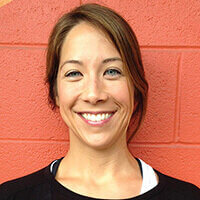 Stephanie Wright
Stephanie Wright
Elite Pilates Instructor
(she/her/hers)
FREQUENTLY ASKED QUESTIONS
WHAT IS PILATES?
Pilates is a system of exercise designed by Joseph Pilates in the early 1900s to help flexibility, body awareness, core strength, balance, posture, breathing, and endurance. This system utilizes a series of exercises on mats and equipment. Within this framework, Pilates focuses on control and precision of major and minor muscle groups. The six basic principles of Pilates are Concentration, Centering, Control, Flowing movement, Precision, and Breathing.
IS PILATES A GOOD CARDIO WORKOUT?
Yes and No. When students of Pilates move into the advanced exercises, Pilates does become cardio. Beginning students will experience muscle fatigue, but not high enough heart rate levels to experience a cardio workout. Pilates is an exercise that needs to be done in addition to cardio exercise, to experience higher fitness levels.
IS PILATES SIMILAR TO YOGA?
Pilates produces some of the same benefits as yoga: increased flexibility, body awareness, and strength. Joseph Pilates drew upon some of yoga’s principles to design the system. However, Mr. Pilates also drew upon other disciplines such as dancing, boxing, and acrobatics to develop this system. In general, Pilates attempts to keep constant movement, without resting segments (unlike yoga). Some people have even described Pilates as a dance routine done lying down and/or on equipment.
WHAT ARE THE BENEFITS OF PILATES?
Pilates, done regularly (2-3 times a week) will greatly improve abdominal strength, posture, body awareness, muscle tone, low back problems, balance, and flexibility. Pilates will not make you grow taller. However, it will allow you to utilize your full height, with proper posture. Due to the nature of the exercises and breathing methods, many people experience more energy and an overall sense of well being after completing a session. You should not leave a Pilates session feeling exhausted and depleted.
DO MEN DO PILATES?
Yes. Designed by a man, Pilates takes into account some very important aspects of fitness for men. Increased flexibility and help with low back problems are the most common incentives for men. However, many male athletes (from professional hockey players to tri-athletes) use Pilates to help core strength. A stronger core (abdominals, glutes and upper legs) translates into increased power in any athletic or everyday performance.
PILATES IS GREAT FOR EVERYBODY:
- The novice: With no experience in any athletic endeavor, the novice can experience an increase in overall fitness and body awareness. Due to greater physical and mental fitness, the novice can experience more ease trying different athletic endeavors.
- The athlete: Pilates can help increase overall body awareness, strength and flexibility to help prevent and rehabilitate injuries in sports. Learning how to use lesser-utilized muscle groups can help in overall body balance, often lacking in sport specific training. For example, dancers are a group of athletes (prone to injury or repetitive muscular stress) that have taken advantage of Pilates on a widespread level to great success.
- The moderately fit exerciser: Pilates can add diversity to a boring exercise routine. Due to the focused nature of a Pilates session, many moderate exercisers can experience a mentally challenging workout, focusing on your needs. Pilates instructors are trained to be good coaches-improving your fitness level, focusing on your abilities, and helping you to enjoy exercise.
- The injured: Pilates is designed to be modified to help people recovering from all types of injury. Joseph Pilates had rickets and asthma as a child. As a result of his experiences, Pilates was designed to help people with injuries or special challenges. With full disclosure of conditions, instructors can guide clients through a workout that is safe and rehabilitating. From low back injuries to neck injuries, Pilates is helpful if used in conjunction with a doctor’s approval.
IS THERE SPECIAL EQUIPMENT IN PILATES?
Yes. Joseph Pilates designed a special set of equipment to use in private, small group, and weekly classes. The names of the Pilates machines are the Reformer, Tower, Cadillac, and Chair. There are a number of props that can also assist practitioners in the movements. You can also use minimal equipment - just a mat on the floor - to do a Pilates workout.
WHICH IS BETTER: EQUIPMENT PILATES OR MAT PILATES?
Pilates Equipment workouts offer a different type of workout that supplements the mat workout. Mat Pilates workouts can provide the most challenging workouts based on the dynamics of gravity and your body weight. However, most people enjoy the variety that equipment adds to Pilates.
WHAT TYPE OF EQUIPMENT DO YOU HAVE CASTLE HILL FITNESS?
The Pilates equipment at Castle Hill is as close as possible to how Joseph Pilates designed it. While less expensive versions are available, our equipment is commercial grade and exceptional in quality, traditional design, safety, and variety of use.
HOW MANY TIMES SHOULD YOU DO PILATES?
Just like any other form of exercise, repetition is the key to success. Two to three weekly workouts ensure quicker and more consistent results. However, these workouts can be divided between mat, equipment, personal, group, or self-guided sessions.
CAN YOU DO PILATES ON A BUDGET?
Yes. Group mat and equipment classes have reasonable rates. Even a few personal sessions with an instructor can help establish an at home self-guided workouts. Utilizing a combination of group and at home workouts, the client can easily meet the 2-3 times a week suggested workouts.
WHAT KIND OF FORMAL TRAINING DO PILATES INSTRUCTORS HAVE?
At Castle Hill Fitness, all instructors are certified through traditional programs which take almost two years to complete. Instructors are required to complete over 400 hours of workshops, observed teaching, testing, anatomy training, workouts, and evaluation.
WHAT DOES CASTLE HILL FITNESS PROVIDE?
- Highly trained instructors with continuing education
- The best available equipment
- Reasonable rates
- Small group classes
- Private and exclusive environment
- The ability to use the equipment for self-guided workouts (with instructor approval and membership)
- A variety of training options-personal sessions, group sessions, semi-private sessions, reformer classes, and mat classes.
- An environment where Pilates can be integrated into other athletic endeavors (yoga, running, cycling, rowing, weight-lifting, kickboxing and more)
